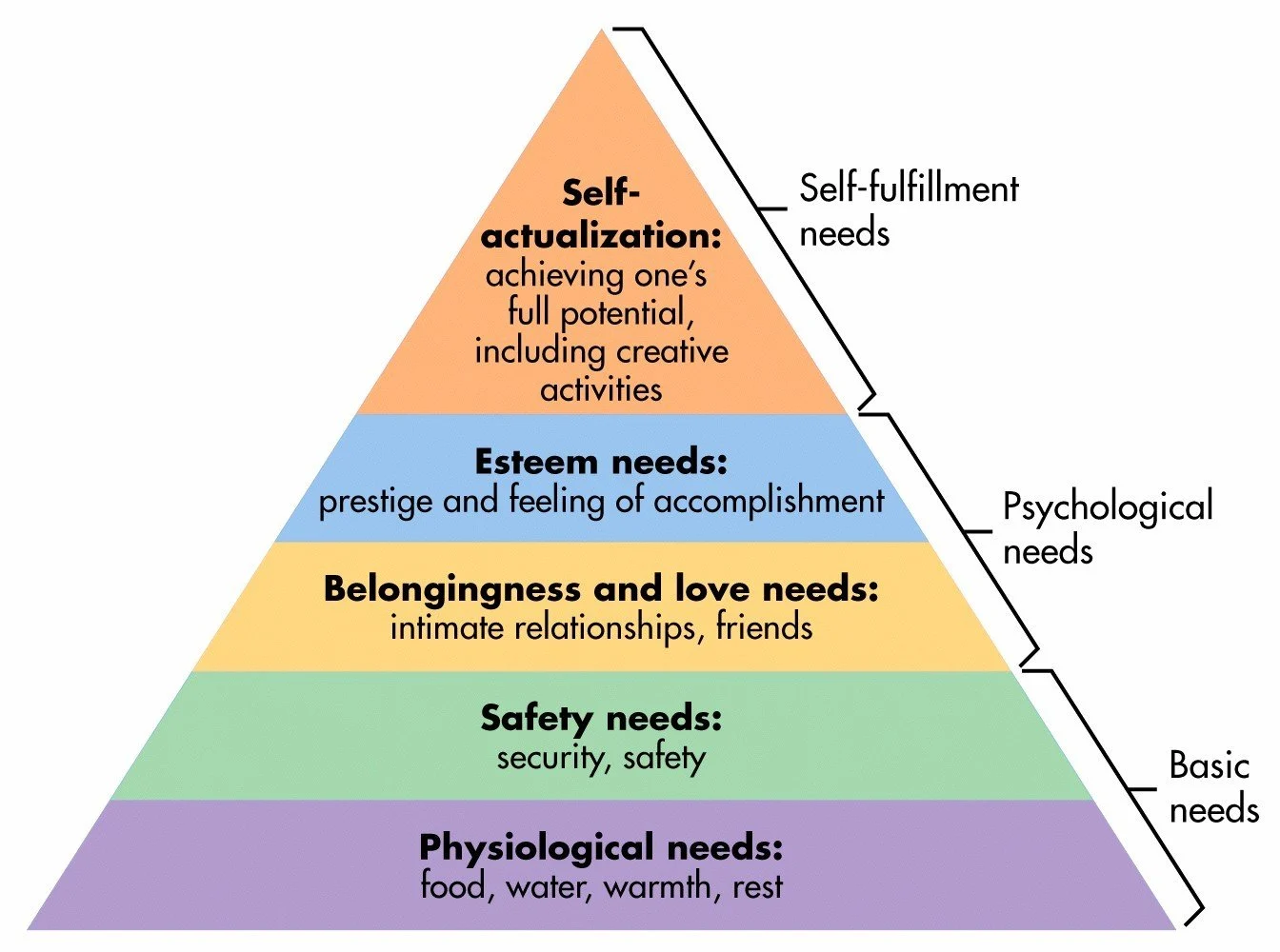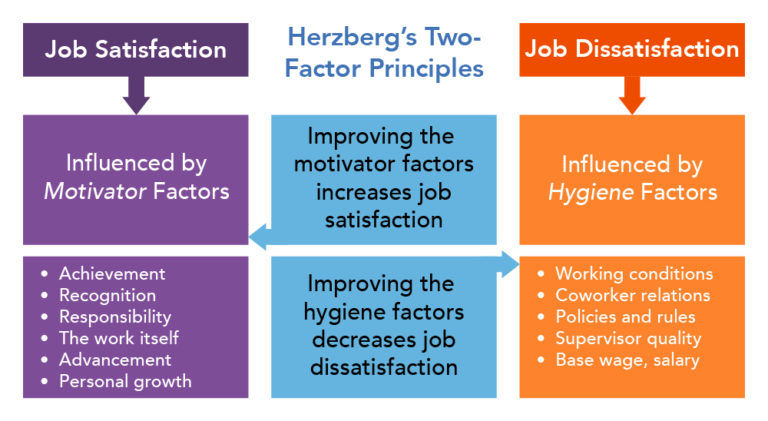Understanding the Role of Money in Our Lives
Work occupies a significant portion of most people's lives, and it offers us more than just a paycheck—it provides a sense of achievement, identity, and social contribution. While the direct financial benefits of work are clear and crucial for a better material life, work also deeply interrelates with feelings of accomplishment, self-worth, and giving back to the community.
The Indispensable Role of Money
Money is essential in our highly materialistic society. The saying "Money isn't everything, but without it, one can do nothing" reflects the importance of money in meeting our basic needs and beyond, as per Maslow's hierarchy of needs theory. Abraham Maslow's theory categorizes human needs into five levels: physiological, safety, social, esteem, and self-actualization needs, suggesting that higher-level needs become the focus only after the lower-level needs are met. Despite criticisms and possible cultural variations, Maslow's theory provides a framework for understanding how money facilitates achieving these needs at various levels.

Source: Maslow’s Hierarchy Of Needs
Material Comfort and Safety
Money satisfies our fundamental physiological needs by enabling us to buy nutritious food and access healthcare. It provides security through better living conditions, healthcare coverage, savings, investments, insurance, and economic stability. Further, it affords opportunities for education and skill development, enhancing job stability and career competitiveness.
Social and Esteem Needs
Socially, money empowers us to cultivate and maintain relationships through gestures like gift-giving and socializing. It helps us expand our social circles and fosters trust and friendship. Financial success is often equated with personal success, boosting one's social standing, respect, and honor. Money also symbolizes achievement and allows the expression of personal taste and status through the purchase of luxury items.
Self-Actualization
With regard to self-actualization, money provides the freedom to pursue dreams without being hindered by financial limitations. It supports self-development through educational courses and fosters innovation and creativity by funding entrepreneurial and research activities, enabling individuals to chase excellence and meet higher goals.
The critical role of money in fulfilling different levels of needs helps us understand why many societies embrace materialism. The comfort and satisfaction that money brings are direct and potent; hence it's easy to appreciate its benefits.
Money and Mental Health
Self-determination theory speaks to three core psychological needs: autonomy, competence, and relatedness. A healthy interplay between the individual and their environment, which supports these needs, can enhance psychological well-being, motivation, and happiness. However, overemphasis on money may negatively impact these needs, potentially leading to mental health issues.
Excessive prioritization of financial gain can compromise autonomy, as actions might be driven by monetary rather than personal values. An undue focus on money can undermine competence by prompting choices that don't align with personal strengths and interests. This might lead to feelings of inadequacy. Similarly, an obsession with money can harm relatedness, as it may encourage selfish behaviors that alienate others or reduce genuine connections at the expense of perceived financial benefits.
Despite the tangible improvements that money can bring to life quality, researches show that beyond a certain income level, further financial gains bring diminishing returns to life satisfaction. Although more recent studies suggest an ongoing positive correlation between money and life satisfaction without an apparent plateau, the relationship shows complexities influenced by individual perception and socio-cultural differences. Moreover, the effect of money on day-to-day emotional well-being seems limited—material acquisitions do not necessarily translate into inner peace and contentment.
In sum, money has a two-fold impact—while it can enhance life quality and provide material comfort, it isn't the sole measure of happiness or success. A life rich in experiences and non-material quality may indeed be more conducive to our mental health.
Cultural Differences
The relationship between money and happiness is complex and is influenced by a variety of cultural factors. In individualistic cultures, such as the United States and many Western European nations, there is often a strong emphasis on personal achievement, success, and financial independence. In these cultures, money is frequently associated with freedom, comfort, and the ability to enjoy life's pleasures, contributing to overall happiness.
Individuals in collectivist cultures, like those in many Asian and African societies, tend to place a greater value on family and community. Here, money might not be pursued for individual gain but rather for the welfare of the group. Consequently, personal happiness is often more closely tied to social harmony and the well-being of the family or community than to individual wealth.
In some cultures, there is a belief that money can actually detract from happiness after certain basic needs are met. This stems from the notion that increased wealth can lead to materialism, competition, and social division, which might harm communal ties and personal satisfaction.
Work, Money, and Relationships: The Two-Factor Theory
To explore more this topic, visit Extrinsic and Intrinsic Motivation

Source: Herzberg’s Two-Factor Theory
The Role of Work Satisfaction
Frederick Herzberg's two-factor theory, which distinguishes between hygiene (extrinsic) factors like salary and work conditions, and motivational (intrinsic) factors such as achievement and recognition, offers a nuanced understanding of job satisfaction. While hygiene factors can prevent dissatisfaction, motivational factors are critical for true engagement and satisfaction at work.
Balancing Work and Relationships to Reduce Alienation
Excessive work can lead to alienation from family and friends, impacting relationships. Modern society's pursuit of career success often comes at the expense of personal connections. To address this, we must balance extrinsic motivators with a focus on intrinsic factors like relationships. This might involve adjusting work hours to ensure family time, actively maintaining connections, and pursuing social activities to reduce feelings of isolation.
Achieving Balance and Fulfillment
Herzberg's theory reminds us that for true happiness and satisfaction, meeting basic material needs is not enough. We must consider motivational factors and strive for a work-life balance that allows for relationship development and personal growth. Engaging in social activities, improving self-awareness, and enhancing emotional intelligence are key to fostering relationships and reducing alienation.
Ultimately, finding a balance between material and psychological needs is essential for true satisfaction and happiness.